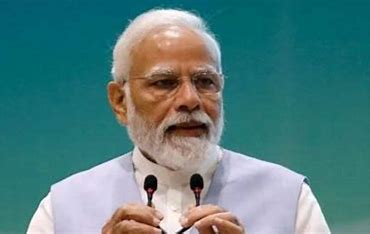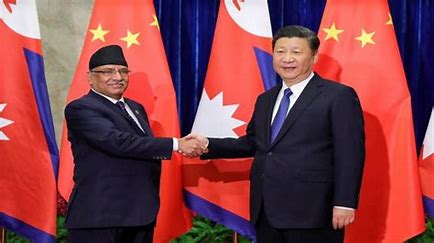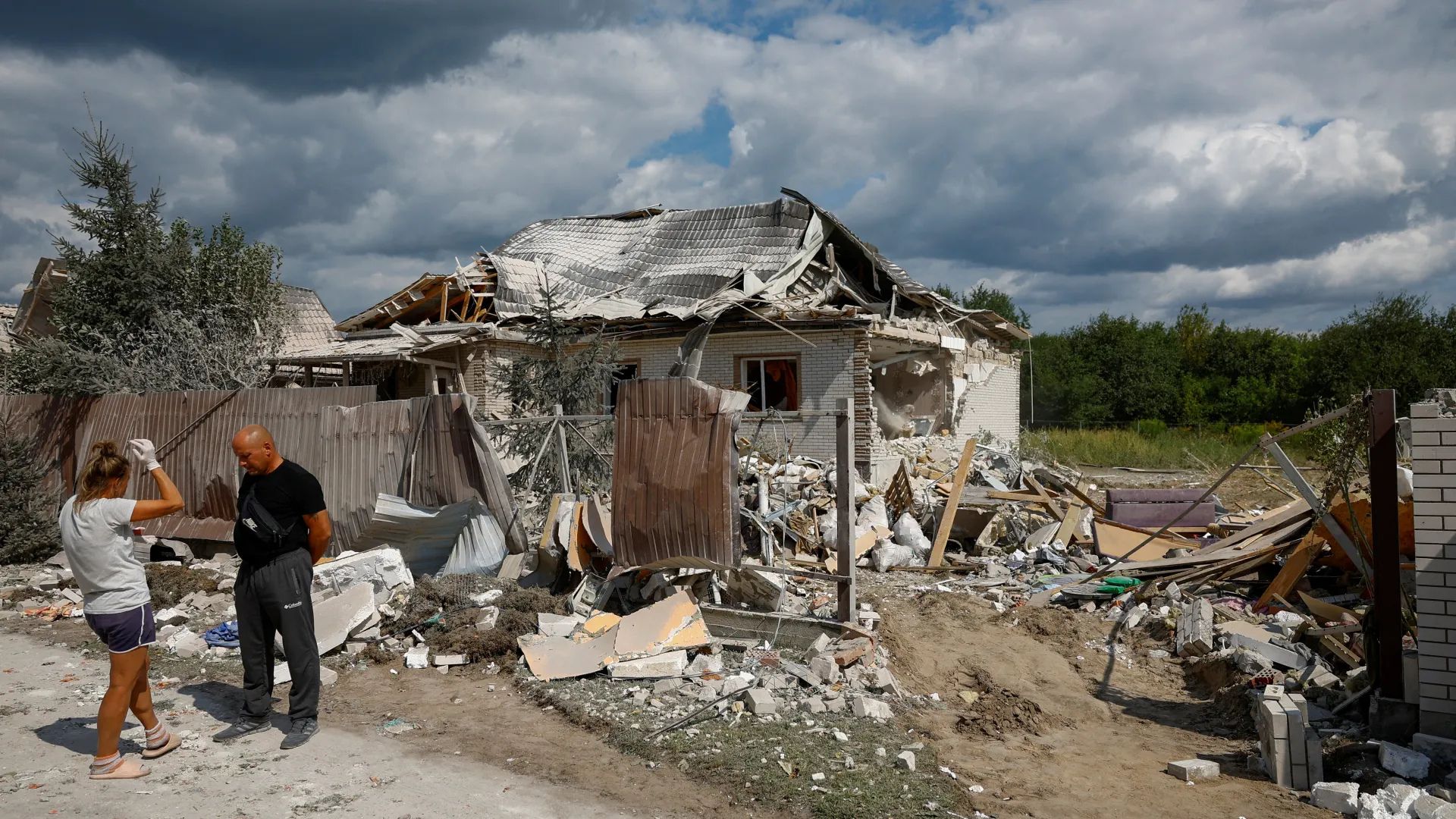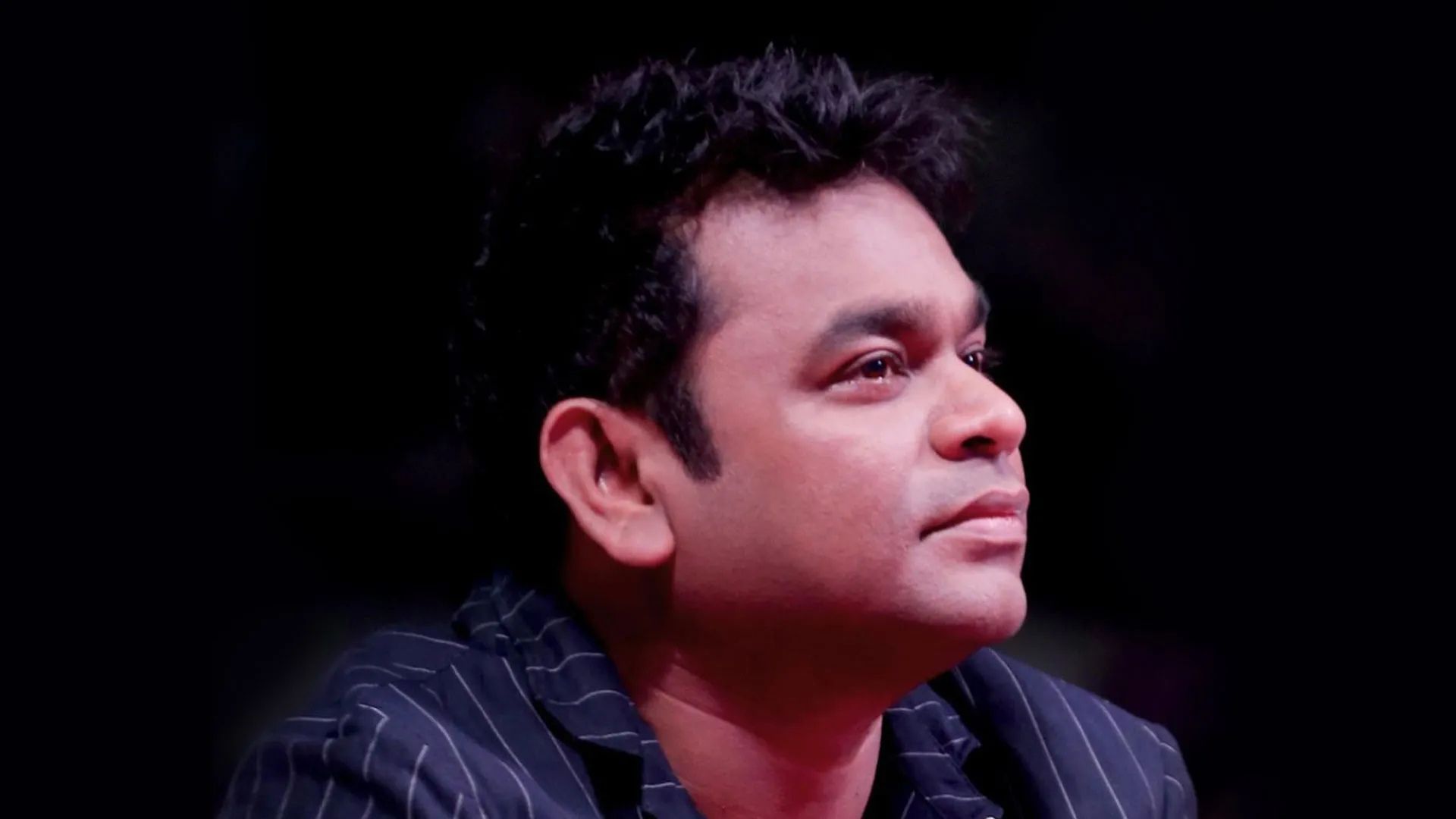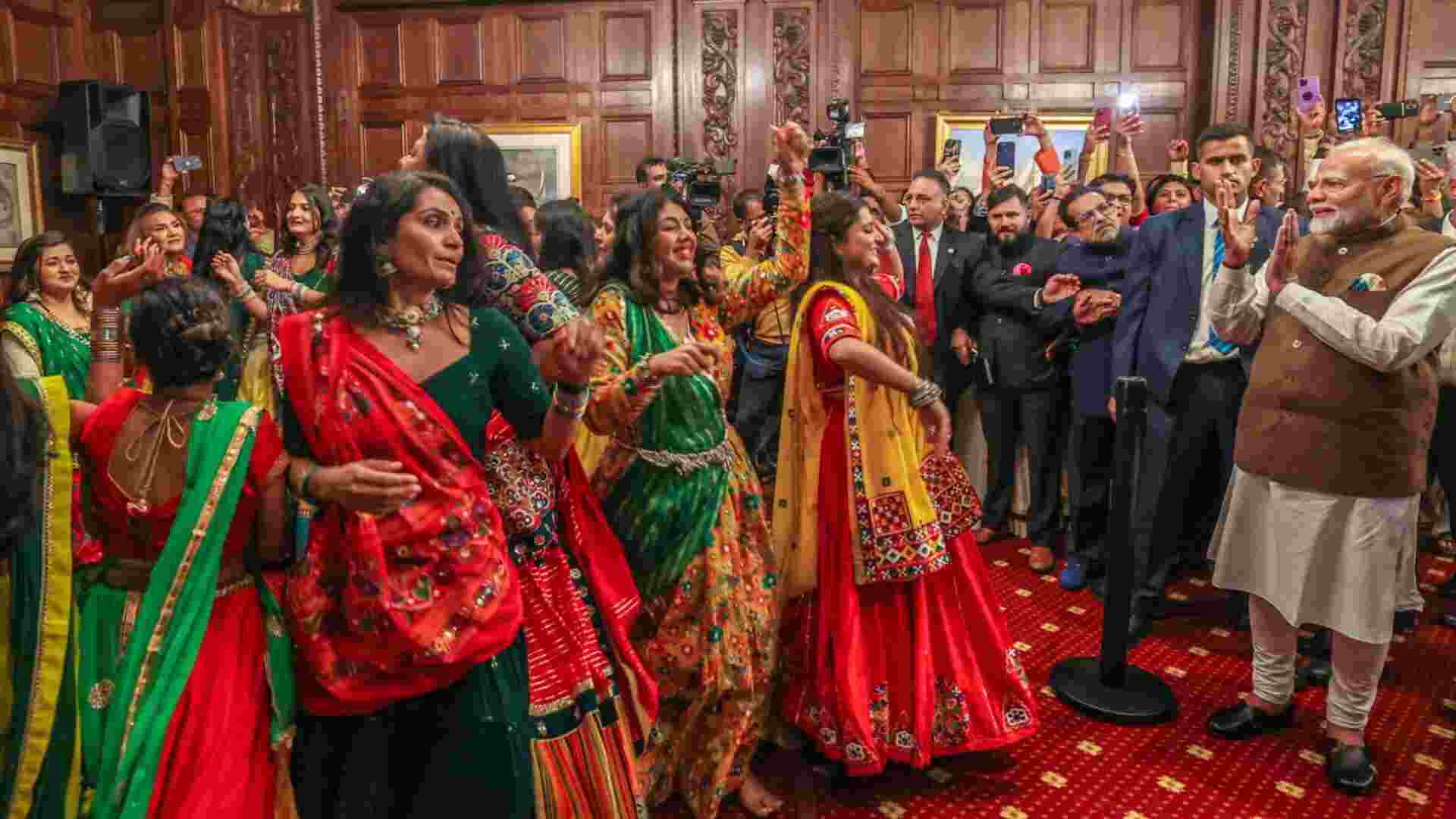
It was back to school for US President Joe Biden as he hosted the Quad summit of like-minded countries in his alma mater in his hometown and scripted a new chapter in the Quad’s ongoing evolution with the leaders of India, Japan and Australia.
Together, the four leaders, who have forged a rare personal chemistry with each other, crafted a new alphabet of the Quad and positioned the plurilateral grouping as “a force for global public good.” The summit lasted barely a couple of hours, but the outcomes were substantive that will that will usher in the 2.0 phase of Quad.
In an emotive gesture, US President Joe Biden welcomed Prime Minister Narendra Modi, Australian PM Anthony Albanese and Japanese PM Fumio Kishida to his residence and then to the school he attended more than six decades ago. Joe Biden, who elevated the Quad from the ministerial level to the summit of leaders, underscored his enduring commitment and that of the US to the nurturing and growth of the Quad as a guarantor of the rules-based international order. Echoing similar thoughts, PM Modi said in a pithy one-liner, which will continue to resonate for years to come. “Quad is here to stay, to assist, to partner and to complement the efforts of Indo-Pacific countries,” he said.
Underlining his personal commitment to strengthen the Quad as a force for global good, Prime Minister Modi stressed that at a time “when the world is ridden with tensions and conflicts, the coming together of Quad partners, with shared democratic ethos and values, is important for humanity.” The 74-year-old Indian leader, who recently won a third term as the leader of the world’s most populous democracy emphasized that “the group stood for upholding the international order based on the rule of law, respect for sovereignty and territorial integrity, and with a commitment to pursue peaceful resolution of disputes.” He underscored that a free, open, inclusive and prosperous Indo-Pacific was a shared objective of the Quad partners – a formulation which was highlighted by all Quad leaders, showcasing a striking convergence of views among like-minded democracies.
The four leaders released a joint statement they titled the “Wilmington Declaration,” which seeks to “reaffirm our steadfast commitment to a free and open Indo-Pacific that is inclusive and resilient.”
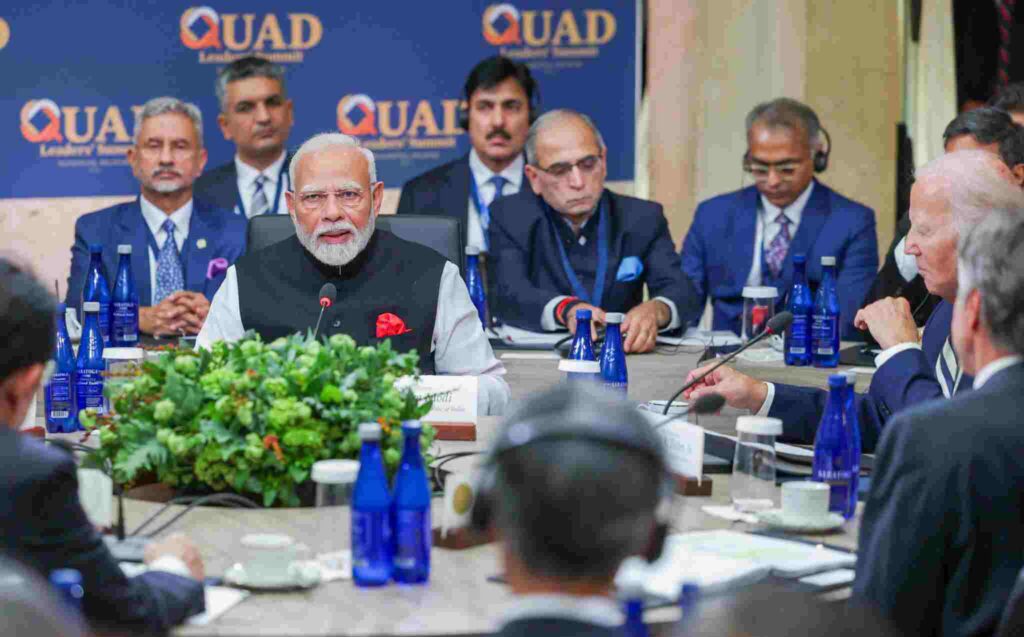
The resolution, described as a “vision statement,” included collective positions on a variety of issues including regional conflicts, including the Israel-Hamas war, the Russia-Ukraine war, maritime security, technology, clean energy, cyber security and health.
Quad: Force for global good
PM Modi advanced the positive narrative of the Quad as a force for good amid frequent attempts to characterise the Quad as a forum for China containment. “The Quad as a force for good defines India’s approach to this grouping. It’s not about standing against, but standing for something,” said Vikram Mistri, India’s foreign secretary, when this writer asked him a question at a mid-night briefing at Hotel Lotte Place, where PM Modi is staying in New York.
On the geo-strategic side, the summit culminated in new mechanisms to strengthen strategic coordination against the backdrop of increasing Chinese assertiveness in contested territories. These included “Maritime Initiative for Training in the Indo-Pacific” (MAITRI), First-ever “Quad-at-Sea Ship Observer Mission,” and “Quad Ports of the Future Partnership.” MAITRI will enable Indo-Pacific partners to maximize tools provided through IPMDA and other Quad initiatives. The first-ever “Quad-at-Sea Ship Observer Mission” in 2025 will enhance interoperability and advance maritime safety. The ports initiative will harness the Quad’s collective expertise to support sustainable and resilient port infrastructure development across the Indo-Pacific.
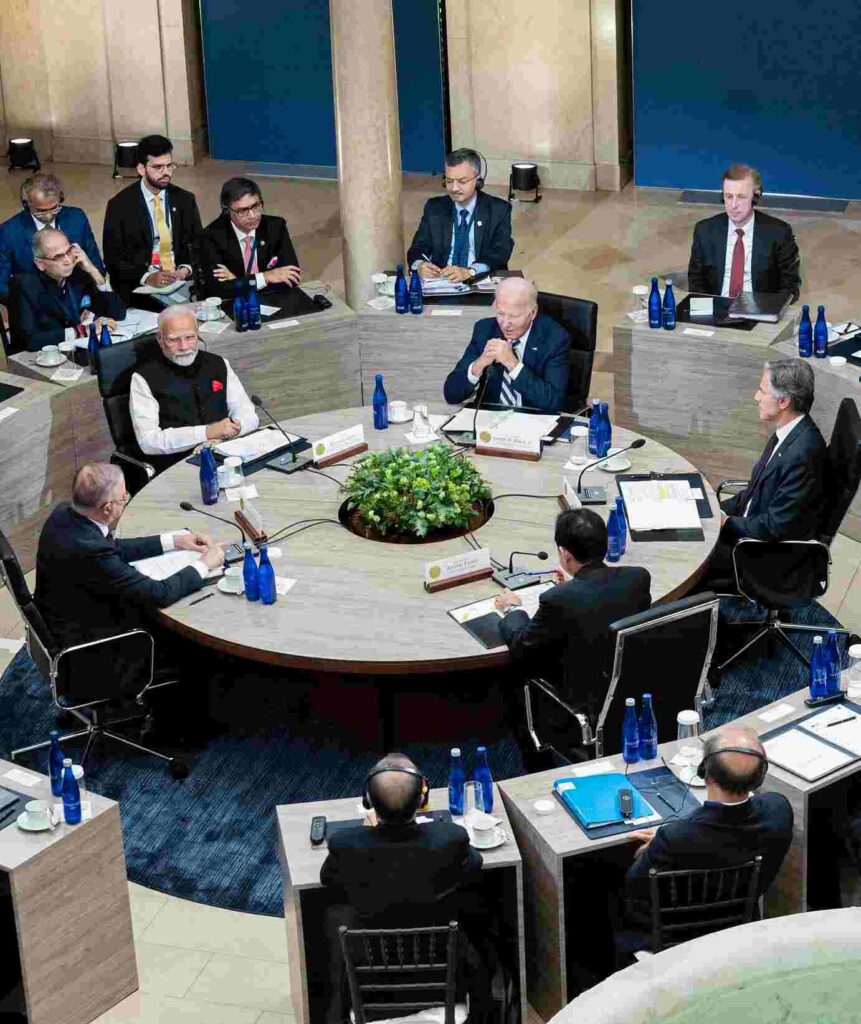
In the area of technology, the Quad leaders launched “Semiconductor Supply Chains Contingency Network Memorandum of Cooperation” to enhance resilience of Quad’s semiconductor supply chains and “Quad Principles for Development and Deployment of Digital Public Infrastructure” in the region and beyond. Through DPI, the Quad partners have agreed to provide equitable access and improve public service delivery at scale; governed by applicable legal frameworks that provide for a level playing field to drive development, inclusion, innovation, trust, and competition.
Imparting a fresh impetus to green growth, the four leaders agreed to enhance collective Quad effort to boost energy efficiency, including deployment and manufacturing of high-efficiency affordable cooling systems in the Indo-Pacific region.
Projecting the Quad as a force for global public good, the four leaders unveiled “Quad Cancer Moonshot,” a groundbreaking partnership to save lives in the Indo-Pacific region by combating cervical cancer. India will offer technical assistance and capacity building on DPI in cancer care to interested countries from the Indo-Pacific region through its commitment of $10 million to the WHO’s Global Initiative on Digital Health.
The leaders welcomed India’s establishment of a space-based web portal for Mauritius, to support the concept of open science for space-based monitoring of extreme weather events and climate impact.
The sixth in-person summit in Joe Biden’s hometown has bolstered Quad’s role as a force for global public good and an underwriter of international rules-based order. China was the invisible elephant in the room, with all four leaders underlining their joint resolve to counter attempts to jeopardise the status quo in contested territories. In a subtle balancing act, the four countries which count China as their leading economic partner also tried to spin the narrative that Quad is not directed against any third country.
Farewell to Biden
On the sidelines of the Quad Summit in Wilmington, Delaware, Prime Minister Modi held his last bilateral meeting with US President Joe Biden. The meeting was held at President Biden’s personal residence in Greenville, Delaware, reflecting the warmth and importance of the U.S.-India partnership.
“It was an emotional moment for both leaders as it was a farewell call. There was a very personal and emotional connect between them,” said Mr Mistri.
During this high-profile meeting, the two leaders discussed a wide array of global and regional issues while also consolidating a number of agreements aimed at enhancing cooperation across sectors. From defence and technology to clean energy and global security, the talks reaffirmed the power of the defining partnership of the 21st century.
PM Modi also held bilateral meetings with counterparts from Australia and Japan. Issues relating to economic partnership and shared concerns on Indo-Pacific security figured prominently in discussions.
(Manish Chand, is CEO, Centre for Global India Insights, a think tank focused on global affairs, and Editor-in-Chief, India Writes Network and India and the World. He is in Wilmington, Delaware to report on and analyse the Quad summit).


